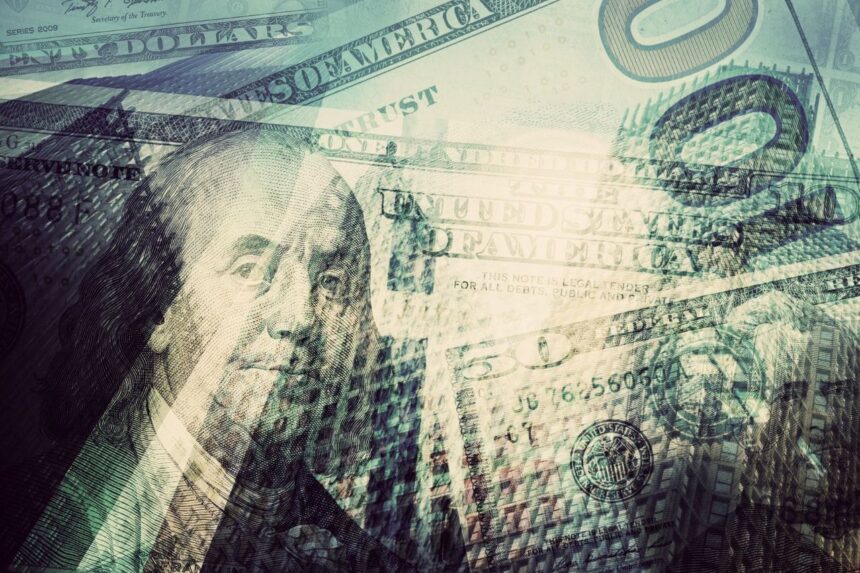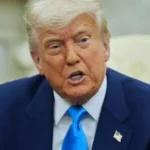Syria financial reform efforts will heavily rely on deposits from Gulf states, analysts predict. As the country seeks to recover from its economic struggles, the support will help stabilize Syria’s monetary system. Financial assistance from Gulf countries will restore confidence in Syria’s banking sector, analysts say. Foreign exchange reserves are critically low, making such assistance essential for Syria’s recovery.
Gulf States Play a Key Role in Syria’s Economic Stability
Dominic Pratt, Senior Analyst at the Economist Intelligence Unit, emphasized the dire situation faced by Syria’s central bank. “Low foreign-denominated reserves are hindering the country’s ability to stabilize its currency,” Pratt said. He explained that liquidity injections are vital to addressing these financial pressures. Gulf support, especially deposits, would be critical to rebuilding Syria’s reserves.
Gulf countries, especially Saudi Arabia, Qatar, and the UAE, have historically provided financial assistance to distressed economies in the region. Hani Abuagla, Senior Market Analyst at XTB Mena, noted that Syria’s need for substantial external inflows makes Gulf support crucial. He pointed out that such deposits could restore market confidence and prevent further currency collapse.
Read More: Sports Marketing Surge: M+C Saatchi Eyes MEA Glory
Financial Channels for Gulf Support in Syria’s Recovery
Gulf states could assist Syria through multiple channels. Immediate deposits in foreign currencies would help rebuild reserves and stabilize exchange rates, according to Abuagla. Gulf nations may also finance Syria’s urgent government expenses, including public-sector salaries, as well as make long-term investments in local banks and infrastructure.
Support from Gulf states may also take the form of currency swaps, direct transfers to Syria’s central bank, or concessional lending, analysts explained. Additionally, asset trading could provide liquidity, mirroring deals such as the UAE’s agreement with Egypt to develop the Ras Al Hekma project. These strategies could increase the flow of foreign currency into Syria.
Long-Term Investments and Political Conditions in Gulf Assistance
Ibrahim Nafeh Koshaji, a Syria-based economic analyst, suggested that foreign direct investments from Gulf countries would be beneficial. These investments would improve Syria’s business environment by introducing technological advancements and managerial expertise. Koshaji highlighted that such support would not only stabilize the economy but also enhance long-term growth prospects.
However, analysts noted that Gulf financial assistance is rarely without conditions. Vijay Valecha, Chief Investment Officer at Century Financial, stated that Gulf countries might demand political reforms, governance improvements, and economic restructuring in exchange for their aid. “Without these, large-scale deposits could be withheld or limited,” Valecha said.
Gulf Financial Support Offers Hope Amid Limited Global Options
Gulf countries’ financial support remains one of Syria’s few viable options, especially with limited access to international capital markets or IMF programs. “It’s one of the few feasible paths to addressing Syria’s immediate financial constraints,” Valecha added.
Syria financial reform is emerging from the long aftermath of the 2011 civil war, with immense challenges ahead. The country’s economic devastation has led to staggering losses, estimated at $923 billion by the UN. The GDP has halved since 2010, further exacerbating Syria’s fiscal crisis. Syria now faces the Herculean task of rebuilding its economy and institutions.
Signs of Gulf Support and Potential for Economic Revival
The country has already begun receiving signals of Gulf support for its recovery. Dubai-based DP World signed an $800 million agreement to expand Syria’s Tartus port. Qatar Airways resumed flights to Damascus International Airport earlier this year, and UAE’s flydubai will restart services to the Syrian capital in June.
The announcement of lifting US and EU sanctions presents a pivotal opportunity for Syria’s economic revival. The lifting of sanctions will allow Syria to re-enter the global financial system. According to Pratt, this will help Syria access new credit lines, revive trade flows, and unlock frozen assets, boosting the country’s foreign exchange reserves.
World Bank Support and the Path to Financial Reformation
Syria’s World Bank debt was cleared with the help of Saudi Arabia and Qatar, reinstating Syria’s eligibility for funding and credit lines. “This will unlock technical support and funding essential for Syria’s reform agenda,” Abuagla added. The clearance also marks a significant step towards rejoining the global financial community.
Also Read: GCC and Malaysia Initiate FTA Talk to Strengthen Bilateral Trade and Investment
The Syrian Central Bank Governor, Abdul Kader Husriyeh, outlined a comprehensive financial reform agenda. Key reforms include updating Syria’s monetary policy, reviewing banking legislation, and strengthening anti-money laundering measures. According to experts, a modernized banking system is essential to attracting foreign investment and stabilizing the exchange rate.
Stabilizing Syria’s Economy through Structural Reforms
Koshaji added that the reform process must grant Syria’s central bank full autonomy from political influence. Introducing new mechanisms for money supply management and creating government bonds will further stabilize the economy. Strengthening the Damascus Securities Exchange will also be vital to funding Syria’s reconstruction efforts.
In The End
The Gulf states’ financial backing is crucial for Syria’s financial stability. With strategic reforms and external support, Syria financial reform may have a chance to recover from years of isolation and conflict. The success of these efforts will depend largely on the cooperation and political will of both Gulf nations and Syrian authorities.
Follow 10X Times for more business news.






